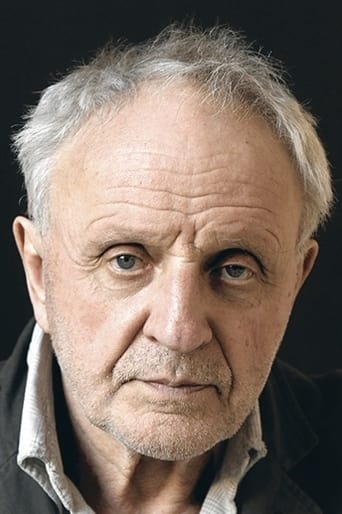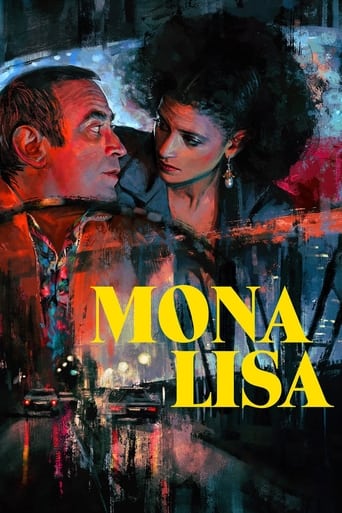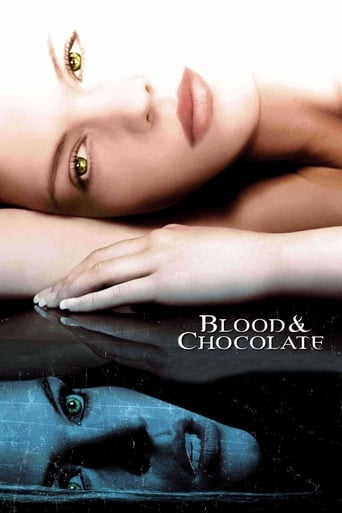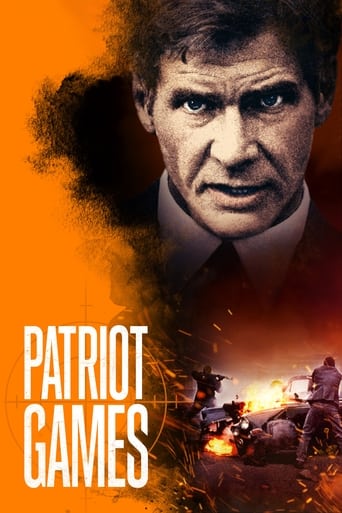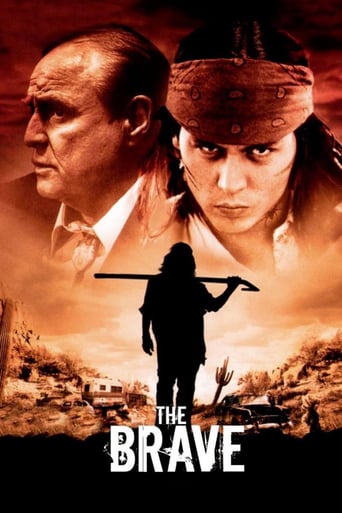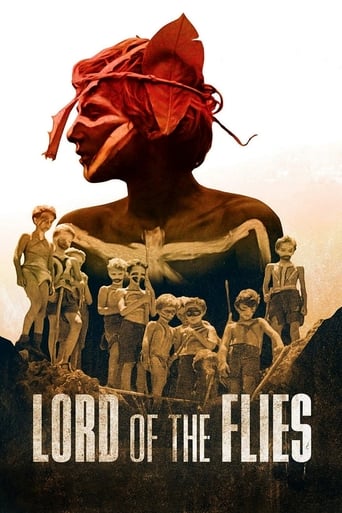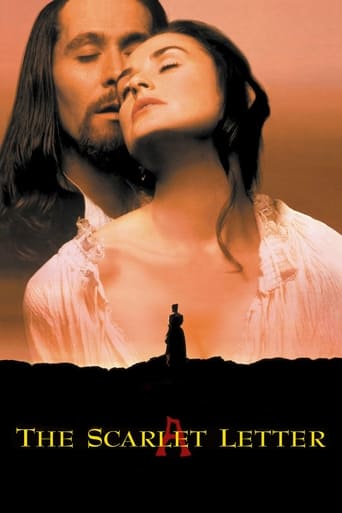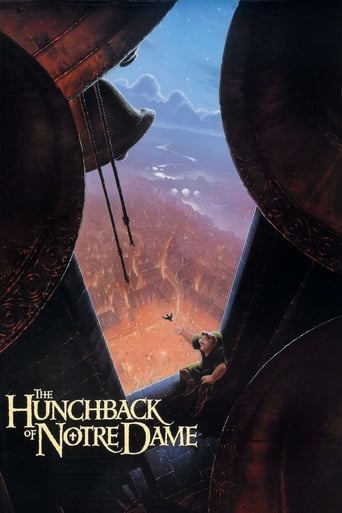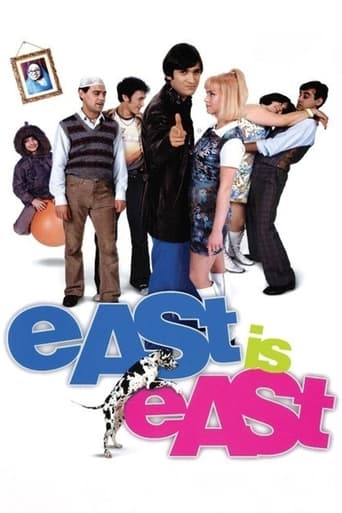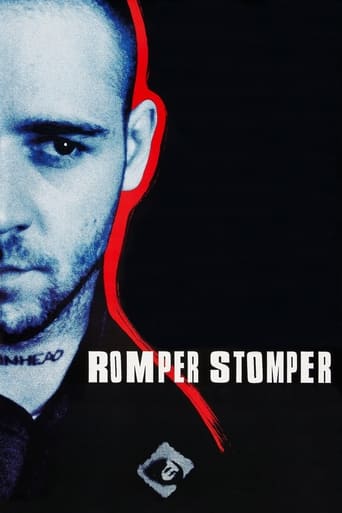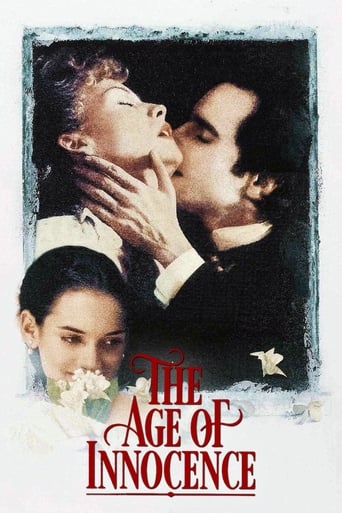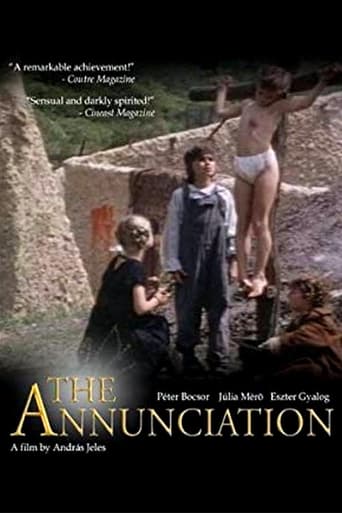
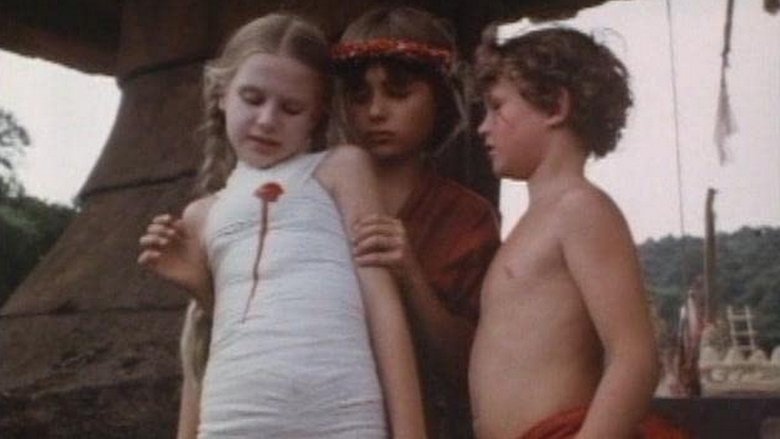
The Annunciation (1984)
The Annunciation (in Hungarian: Angyali üdvözlet) is a Hungarian film directed by András Jeles in 1984, based on The Tragedy of Man (1861) by Imre Madách. When Adam (Péter Bocsor) and Eve (Júlia Mérő), having succumbed to Lucifer's temptation, are cast out of the Garden of Eden, Adam holds Lucifer (Eszter Gyalog) to his promise, reminding him that "You said I would know everything!". So Lucifer grants Adam a dream of the world to come. And what a bizarre dream: Adam becomes Miltiades in Athens; a knight called Tancred in Byzantium; Kepler in Prague; Danton in revolutionary Paris; and a nameless suitor in Victorian London. Guided by a deceptively sweet but ultimately contemptuous Lucifer, Adam confronts an endless procession of the horror of the human story... rapists and concubines, betrayal and savagery, mindless cruelty and fanaticism.
Watch Trailer
Cast


Similar titles
Reviews
To me, this movie is perfection.
Strong and Moving!
Pretty good movie overall. First half was nothing special but it got better as it went along.
The film never slows down or bores, plunging from one harrowing sequence to the next.
I am afraid that nobody will understand this movie unless he or she doesn't know one of the greatest Hungarian dramatic play of the XIXth century: The Tragedy of Man, written by Imre Madách. The plot: after the loss of the garden of Eden, Lucifer, the demon of Denial shows to Adam and Eve the different ages of mankind, to prove them that there is no reason for them to live. In their dream they live for a while in ancient Egypt, Greece, Rome, in medieval Byzantium, in the revolutionary Paris, etc. This is a romantic and pessimistic vision -- with a strange, optimistic ending. The director of this movie had a great idea: he has chosen not grown up actors and actresses, but little boys and girls, so the plot is even more complex, more poetic and more visionary. A beautiful movie to watch -- but if you don't know the drama of Madách, perhaps you won't understand everything. Anyway, it is worth the time!
This is definitely an art house movie. It will not draw hordes of adolescents looking for raw sex and graphic violence. But it's not a cheesy, slapdash, black-and-white, improvised exercise in egotism either. Whatever it is, it's been constructed with lavish care.Children, average age about ten, I would guess, enact myths and (maybe) some real historical events from Western history. It begins with part of the familiar text from Genesis -- Adam and Eve and Lucifer and the apple.Then it switched from the Bible to something a little tougher, an enactment of certain events in Greek history involving a boy named Cimon and somebody named Crispos. I only recognized the name of Miltiades and that only cropped up once in a while.A slow switch to what the title tells us is "Byzantium." I'm glad there was such a title otherwise I'd have been utterly lost. Two kids, Tancred and Isaura, now seem to be in love, at least as far as I could make out. In my ignorance, I could only associate the boy's name with one of those operas that never get produced.Before I knew it, they were dealing with Johannes Kepler, the German astronomer/astrologist/mathematician. I learned two things about him that I hadn't known. He gave political advice based on the stars, and his mother was imprisoned for witchcraft. Good. I mean, good that I learned something, not good that his mother was a witch.Vorkapich to the French Revolution, by which time there is little trace left of mythos and a lot more of then-current events.That was a bit more than half-way through, about as far as I could get.You may get a lot farther, depending on your taste for highly stylized enactment of mythical and real events by preadolescent children. The kids don't really have to act. It's as if they'd been given directions to speak softly or whisper, to move slowly, to assume strange postures, and never ever to giggle or look at the camera.Despite the ambitious subject matter, we're not talking epic film here. The budget must have been small but there's still a lot of talent behind the camera. The compositions, arty though they may be, are appealing to the eye. The production designer deserves a medal for making so much out of so little. The very texture of the walls sings. Wardrobe is splendidly done, and the make up is even better than anything I've seen in Polk Gulch on Halloween night. That's saying a lot.I'm just not sure I see the point, though. Why children? For the Garden of Eden, okay -- but the French Revolution and the Reign of Terror? How about goats next? And, for my benighted mind, the agenda was too ambitious. If I KNEW the events already, I'd have been able to follow the story. But, man, if your memory is blank or even hazy, you're in serious trouble.Still, though the conception might be flawed, I give the writer and director bonus points for being willing to take such a major chance, and to invest the effort with what was clearly a lot of love. It's not the kind of production that results from some half-gassed bull session that revolves around a couple of bottles of tokay -- and it's certainly not a joke.
Some movies tell a very good story, others get lost in the imagery and scenes. This movie falls in between both of these cases. I think it starts off telling a great story and from an unique perspective. As the story continues though, it becomes more and more obscure in the historical imagery and myths. By the time the movie ends, you are just grateful to make it until the end, but not without dozing off from time to time.Believe it or not, I still enjoyed it, just don't make a sequel, please!
A downbeat, hypnotic retelling of Mankind's story from Adam and Eve to the present, played entirely by children. But don't expect a romp -- these kids are deadly serious as they tackle issues of mortality, religion, and the struggle of class against class. Brilliant photography enhances the deliberate pacing, yet the film is never boring. Literary sources include Emily Dickinson and William Blake, and every line is delivered with full conscious intention. Especially effective is the Byzantium sequence, where a single syllable (homousios, or homoiousios) means the difference between life and death. Seldom has the narcotic influence of religious power been so effectively portrayed. The use of a cast composed entirely of children is a conceit that lends itself to preciousness, but here it succeeds without the least trace of "cuteness". In sum, a daring, challenging, and ultimately worthwhile experiment.


